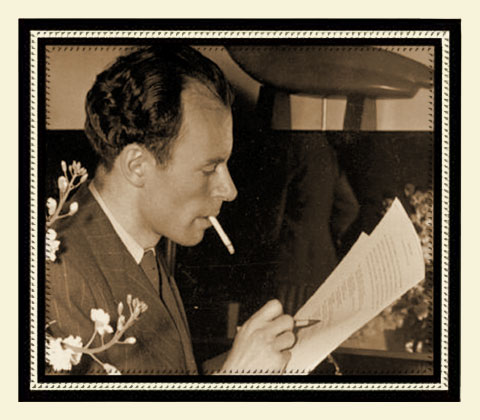Munich, Germany, 1906 — Cannes, France, 1949
Writer, essayist, journalist and publisher
He was the second son of Thomas Mann, who had little regard for him because of his homosexuality. He began his career during the Weimar Republic with themes which were taboo. Together with the Austrian Joseph Roth and later the Czech Ernst Weiss, found in Stefan Zweig constant material and intellectual support.
In 1933, with his sister Erika, to whom he was very close, he took part in the anti-Nazi political cabaret Pfeffer-Mühle and edited the magazine Sammlung, the launch of which didn’t enjoy the promised support of Zweig, since he disagreed with its ostensive pro-Soviet line. Other major writers, including Thomas Mann himself, withdrew from taking part in the project for the same reasons.
With the rise of Hitler he was forced to flee to France, and later, in 1938, to the USA, where he took citizenship and served in the army. His sister Erika participated actively in the Emergency Rescue Committee, which rescued European intellectuals persecuted by Hitler and was funded by Eleonor Roosevelt. He corresponded with and met Zweig several times in the USA.
“Might a world emerge from this war in which people like myself can live and work?” This question sent out into the world in 1942 following the suicide of Stefan Zweig, he in the end answered himself seven years later. The bitter discovery that even after the war hopes for a just society would never be fulfilled, the excessive use of drugs, personal and professional disappointments lead him to repeat the act of his friend and protector Zweig, in a hotel in Cannes at the age of 43. One of the main representatives of German exile literature, his work was rediscovered many years after his death, above all thanks to his novel Mephisto (later an award-winning film by István Szabó).
Address listed: The Bedford 118 Ea 40, New York.
